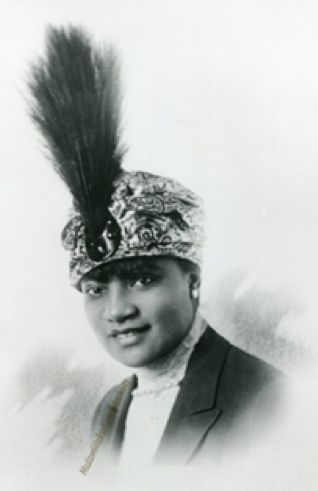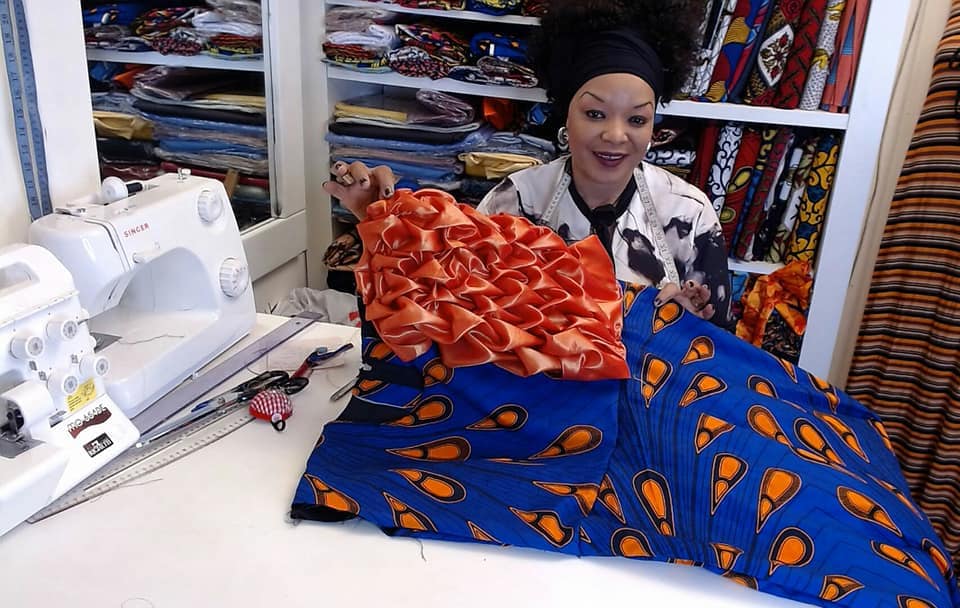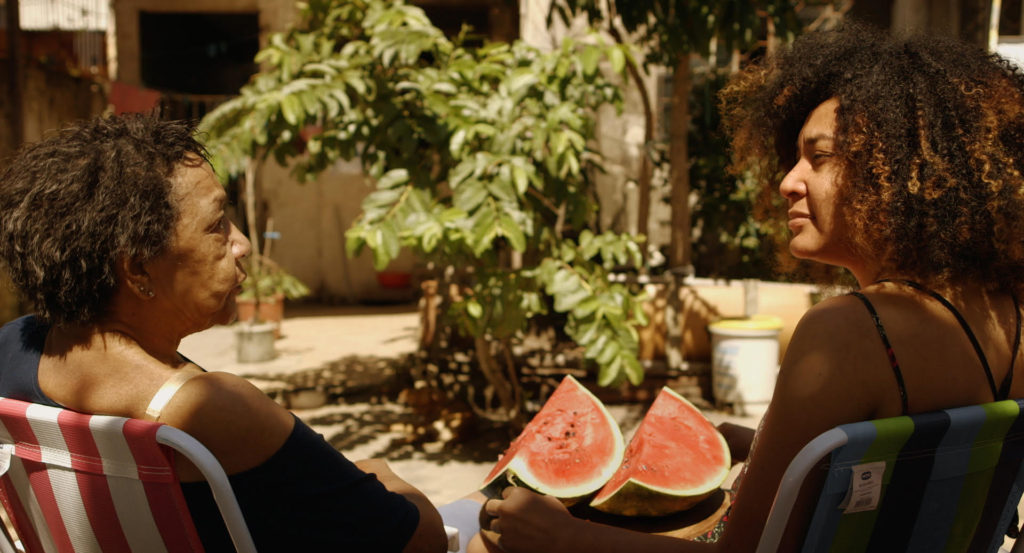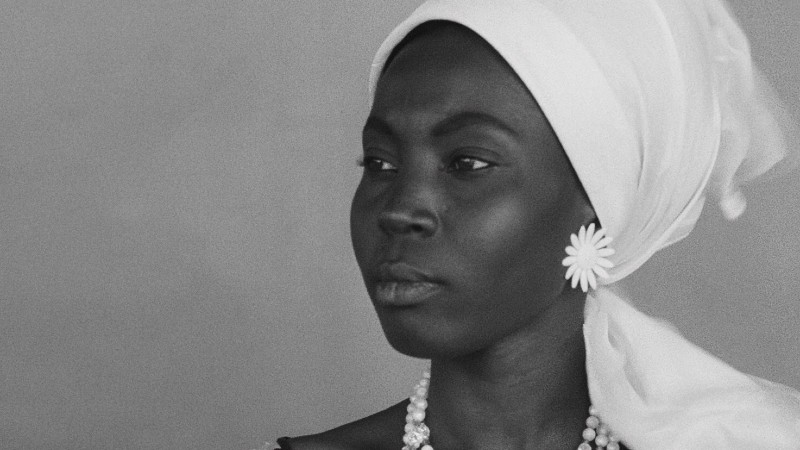One hundred years later, the powerful life story of Madam C.J. Walker, will no longer remain silent. You can watch a rewriting of her story on Netflix. Where is the emphasis? Where are the silences?
✍🏾Isabelle N’diaye
To find a room for untold African American stories on Netflix is a cultural blessing. However, we still need to question these works because they are cultural constructions.
Let’s talk about the individualistic philosophy of being self-made in America against the power of community building. Or the misinterpretation of black feminism as the fact of being both a woman and African American sprinkled with LGBTQ+ and colourism toppings, not fact-checked historically.
These ingredients are all part of an artistic and political strategy to let us be more comfortable with the narrative presented even if the official story does not match with such actualizations.
This limited series is an appealing invitation to overstep its content and express some cultural, historical and political variations on it.
As an African and Caribbean being, that has not been born and raised in the US, one question remains existential to me: Should we expand Netflix’ power to rewriting untold stories that have not yet revealed amongst concerned communities?

As an African and Caribbean being, that has not been born and raised in the US, one question remains existential to me: Should we expand Netflix’ power to rewriting untold stories that have not yet revealed amongst concerned communities?
Madam C.J. Walker, born Sarah Breedlove, came from an African American descent in the American Deep South. She grew up amongst cotton fields a few years after the end of the Civil War and the publication of the 13th Amendment, the one that punishes slavery and every form of servitude in the US Constitution.
From this legacy, she went far, while building up a cultural, spatial and financial empire. Sarah Breedlove, spouse of C.J Walker, created and marketed hair care product for African-American women branded in her Madam C. J. Walker Manufacturing Company.
This business was a boulevard to raise a lot of $$$$. The business profits had redistributed through advocacy against lynching laws, philanthropy for underprivileged communities and employment of African-American woman.
Superstars Lebron James and Maverick Carter followed Madam C.J. Walker’s vision on wealth redistribution for community matters. They stood as executive producers and starred Oscar-winner actress Octavia Spencer as the leading figure to portrait the entrepreneur. The soundtrack is a masterpiece on its own, featuring talented female artists such as Little Simz, Andreya Triana or Raiche.
The efforts to rewrite and translate this story onto a Netflix limited series, directed by DeMane Davis, in close connection with A’Lealia Bundles, author of “Based on her own ground“, a book, written by the great-granddaughters of Madam C.J Walker, was the first cultural production to enlighten this narrative.
Is all about successful African American businesses, systemic struggles and wealth redistribution through communities; and how we reinterpret them today to fit in a Netflix series format for a worldwide audience.

Variations 1. What is your agenda? Inner-community violence as the visible, self-healing as the invisible.
Most of the emphasis is on well-known topics such as colourism and gender. This choice of artistic direction is resumed in one sentence: “there is no more time for that” clearly stands Madam C.J. Walker.
Putting colourism as a significant thematic got some weaknesses. First of all, historically this is not verified if the main opponent of Madam C.J. Walker was light-skin or biracial.
Second of all: considering all the intersections this entrepreneur has to face in her lifetime, should we discuss colorism as the more significant roadblock she encountered? And by extension, should we keep this same thematic as the core of inner-community struggles we need to get rid?
Colourism is, for sure, an issue. But I will not prioritize the faces of the devil and keep my focus on intersectional and systemic issues.
Moreover, this narrow direction hides other forms of invisible scars, such as mental health. Even if the story doesn’t say a lot about it, Madam C.J. Walker, that crossed so many lines in terms of gender, race and class had to develop self-preservation tools. Mental health is only addressed indirectly at the end of the show, as a trigger of physical disease, as a sign of the urge to “slow down”.
But Madam C.J. Walker did a lot, travelled a lot. She went from the cotton field in the bloody South to Rockefeller’s neighbourhood in one lifetime, as a Black woman. Here, there is a crucial lack, that would have deepened the character and offered us some alarms to plug in our minds in terms of mental health and self-preservation.
If black women have enough visibility today to address debates amongst black communities such as colourism and gender on Netflix, why does it remain so difficult to speak about self-healing as an individual and collective path?
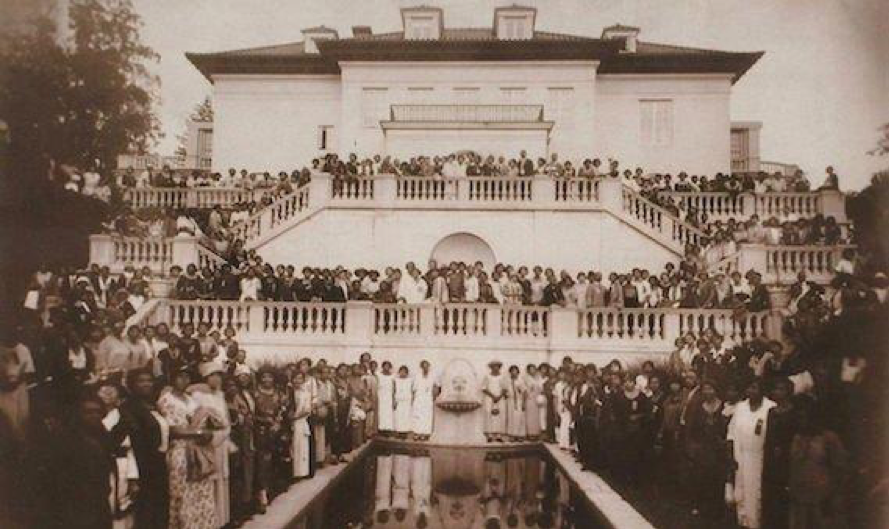
If black women have enough visibility today to address debates amongst black communities such as colourism and gender on Netflix, why does it remain so difficult to speak about self-healing as an individual and collective path?
Variations 2. Madam C.J. Walker as a figure of Black feminism
The short series addressed Feminism through multiples aspects: domestic violence, women employment, women conditions of living, women empowerment, women community, women financial solidarity, women and their husband, women and their capacity to put money on the table, women and their ability to take care and give attention of/to their husband and so on.
I cannot help myself but ask was Madam C.J. Walker feminist in this sense or is it a reinterpretation of the director due to our contemporary context? I don’t know her agenda as an individual. She was composite. And every interests composing her self were not permanently aligned. The entrepreneur had to face a compromise. But, the show enlightens the clear cut unapologetic position. And no compromise at all.
Because I understand this cultural content with my own referential, I see the will to depict a successful Black woman. May you react if needed: being black and a woman doesn’t create by itself a Black feminist approach. As I understand it, this is something more related to the transformative power one will try to put in one society.
In the show, they considered community as either a staff member or a potential consumer. The focus is so centred on one person, that we forget the whole community going with it. This perception has some limits to transform society and communities as a whole.
Because I understand this cultural content with my own referential, I see the will to depict a successful Black woman. May you react if needed: being black and a woman doesn’t create by itself a Black feminist approach. As I understand it, this is something more related to the transformative power one will try to put in one society.

Variations 3. Creating a Netflix series: finding a way between a one career focus and producing de-contextualized history.
The series finds its ground on focusing on a self-made woman character. It implies a refreshing and inspiring voice for the black woman entrepreneur depicted. It also means to concentrate on Madam C.J. Walker with a very few people surrounding her except her inner circles. Here again, we don’t know if this was a need to develop content respecting the frames or if this is an adequate reflection of Madam C.J. Walker life.
In the show, the entrepreneur met three extra people that got in common to be both men and cultural milestones of contemporary America: Booker T. Washington, W.E.B Du Bois, Rockefeller. And, the series finds space to enlighten the frontier between Washington and Dubois.
Certainly, Washington and Du Bois were not relying on the same tools to liberate the soul of black folks. Washington’s position towards powerful white communities bears something perceived as complacent. At the same time, until nowadays, Du Bois is still considered as a leading figure claiming for liberation with less classism and sexism than his counterpart. Without feeding this clash, we can pinpoint this development is partial and gives an advantage to the figure and agendas of Dubois.
Last but not least, this clash hides a third counterpart of the story: Marcus Garvey. Madam C.J. Walker played a key role for a black internationalist movement committed to ending racism, colonialism, and imperialism. She repeatedly and directly supported Marcus Garvey movements. The Netflix production puts both Garvey’s agenda and the support of Madam C.J. Walker on that matter to silence.
The direction of the show strengthens interpersonal struggles rather than going beyond it and gives back the voice to all community members structuring leaders approaches. Producing partial content one century afterwards put the power on individual figures rather than on the capacity of community organizing.
If now we have time and Netflix catalogue to write something new, why don’t we present forms of resistance beyond interpersonal struggles and individual leaders figures?
